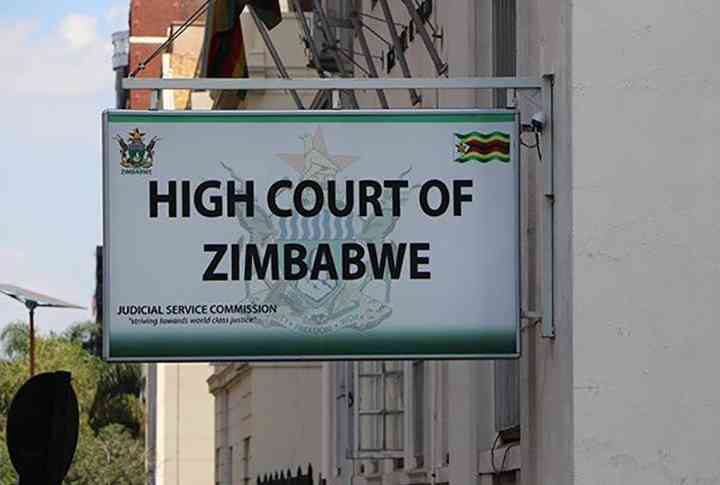
BY MIRIAM MANGWAYA
THE Zimbabwean workforce is said to be one of the least paid in the Sadc region, resulting in mass exodus of critical staff, and compromising efficiency in service delivery at various public institutions.
Workers unions yesterday urged Finance minister Mthuli Ncube to revise his civil service salary budget for 2022 in order to retain a the workforce.
In the past years, civil servants have been engaging in industrial action over poor remuneration.
In its budget review statement this week, the Zimbabwe Coalition on Debt and Development (Zimcodd) said Zimbabwean workers were some of the least paid in the region.
“With a growth projection of 7,8% for the year 2021, the government should increase salaries for civil servants. The growth projection in the budget statement builds confidence that Zimbabwe’s economy is among the high performers under difficult COVID-19 conditions and well above the 3,4% average growth for sub-Saharan Africa,” Zimcodd said.
“It is contradictory then that the average salary in Zimbabwe is about $18 000 per month (US$180 at the official rate). In South Africa, the average salary paid to employees in the formal sector was R23 526 (US$1 568) in May 2021, while in Zambia the national average salary is K4 393 (US$258). With the severe cost of living and rising household debt, the 2022 national budget must outline measures to address civil servants’ salary concerns.”
Zimbabwe Congress of Trade Union secretary-general Japhet Moyo said workers were earning below the poverty datum line, resulting in them falling short of the monthly family basket pegged at $42 700.
- Chamisa under fire over US$120K donation
- Mavhunga puts DeMbare into Chibuku quarterfinals
- Pension funds bet on Cabora Bassa oilfields
- Councils defy govt fire tender directive
Keep Reading
“What is startling is that, despite the fact that the workers are among those earning the least in the region, the cost of the monthly basket is highest in the region. Even commodities that are produced locally are expensive compared to those imported from other countries. The workers have always presented this at the negotiating table, but the employers have not taken heed of the concern. Government does not want to be compared with other countries. The fact is that our economy is underperforming, resulting in government failing to pay decent salaries to its workers.”
Zimbabwe Nurses Association president Enock Dongo said: “We have seen very senior nurses resigning and going out of the country to look for greener pastures, leaving our health institution under staffed. They leave behind very junior and inexperienced health workers. Without mentorship, the health workers cannot provide efficient service. It is, therefore, pertinent for the government to consider rewarding its workers reasonably to retain them.”
Amalgamated Rural Teachers Union of Zimbabwe president Obert Masaraure said: “Better paid workers are also highly productive. There is need to halt the on-going brain drain, where thousands are leaving the country for greener pastures.”
The International Trade Union Confederation global rights index (2021) states that Zimbabwe is among the top 10 worst violators of workers’ rights.
- Follow Miriam on Twitter @FloMangwaya










